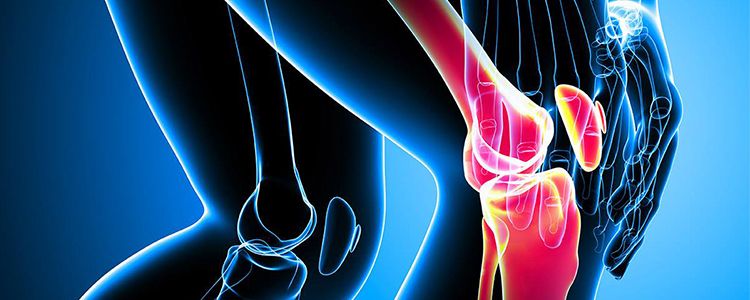The meniscus, or knee joint, consists of fibrous cartilage and plays an important role in the function of the knees; with any loss of function occurring due to degenerative changes. The ability to recover from meniscus damage is very limited due to insufficient blood supply.
Japanese scientists from Osaka University School of Medicine have devised a tissue-engineering method based on synovial mesenchymal stem cells (MSCs) to restore otherwise incurable damage to meniscus.
Working on mini-pigs; they obtained synovial MSCs cultured in a monolayer at high density in the presence of ascorbic acid, and then – in a suspension obtained a three-dimensional construction of cells and an extracellular matrix.
Cylindrical 4-mm defects of the meniscus were modeled bilaterally on adult mini-pigs. On one defect allogenic tissue-engineering design was implanted, the other was left as a control.
After six months the defect, which was subject to cell implantation had filled and was well-integrated into the fabric of the recipient fibrous meniscus cartilage, while the defect left untreated recovered slightly or not at all. In the implant was significantly higher concentration of safranine A. In addition, as a result of treatment, it significantly reduced the size and severity of damage to the upper articular surface of the tibia.
Thus, the results are testament to the effectiveness of the proposed method of implantation of tissue-engineering constructions based on MSCs to treat damaged meniscus, prevent further degeneration and the development of post-traumatic arthritis.




















































